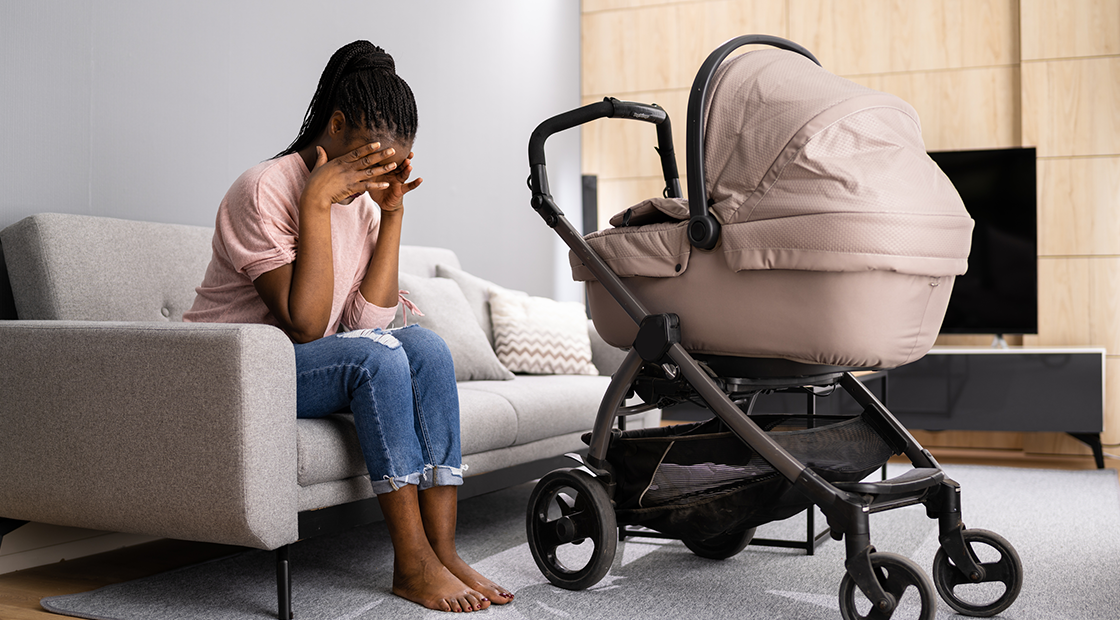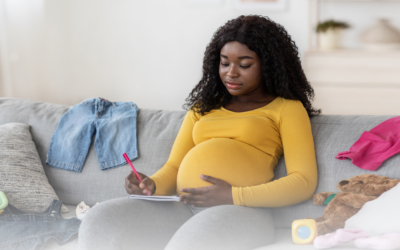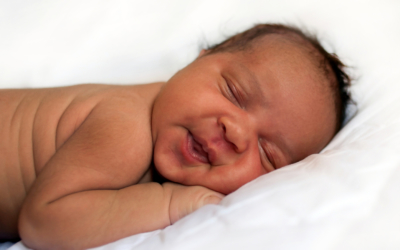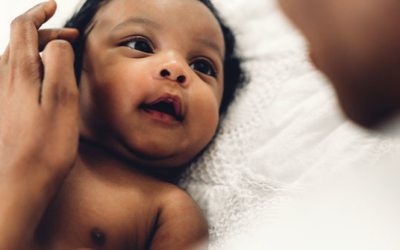Pregnancy triggers many hormonal changes in your body due to the increasing demands placed on the body. As soon as your child is born, your hormonal level also changes.
Understanding your mental health state after childbirth is the first step to realizing any problem and taking steps to feel better.
Postpartum depression is a medical condition that may affect new mums after having a baby and may seem like baby blues at the early stage.
Here is everything you need to know about Baby blues and Baby Postpartum depression.
Symptoms of Postpartum depression
Symptoms of Postpartum depression may appear as both Physical and Emotional lapses.
Physical symptoms
- Change in appetite (eating less or more)
- Lack of concentration
- Inability to fall asleep or sleep deeply
- Digestive issues
- Nausea
- Chest tightness
Emotional symptoms
- Intense mood swings
- Agitation
- Lack of interest in self-care
- Excessive worry and anxiety
- Feeling trapped living with your baby
- Rage and suicidal thoughts
Symptoms of Baby Blues
Baby blues may have similar symptoms to Postpartum depression such as moodiness, anxiety, and changes in appetite. Hence, you need to understand what sets them apart.
How you may feel about your baby when you have Postpartum Depression
- Having thoughts of hurting your baby
- Being unable to bond with your baby
- Being scared to be left alone with your baby
- Constantly feeling like you are failing as a mother
- Being obsessively worried about your baby
Some causes of Postpartum Depression
Postpartum depression can be caused by many factors ranging from genetic to hormonal factors. Here are some causes of Postpartum depression.
- Hormones: During pregnancy, the body produces progesterone and estrogen in large amounts to help your baby grow. After childbirth, these hormones drop to normal levels before pregnancy. This sudden shift can cause mood swings, and you may experience weepiness or grumpiness. These hormones could also come in the form of happy and peaceful feelings.
- Sleep deprivation: After childbirth, your sleep schedule changes, especially in the first few weeks. Your newborn will be up at night to eat. This can be difficult to adjust to and can contribute to Postpartum depression.
- Change in routine: The change in your routine as soon as you give birth can contribute to Postpartum depression as tending to your basic needs like eating and bathing may be forgotten. You may find yourself not eating enough or doing other things you normally would.
How long do Baby Blues last?
- Baby blues have less severe symptoms, and do not interfere with a mum being able to care for herself or her newborn.
- Baby blues usually happen between the first two weeks after childbirth and lasts a few days. If baby blues symptoms persist for longer, they may be signs of postpartum depression.
How long does Postpartum depression last?
How long postpartum depression lasts depends on these factors:
- When the symptoms start to show.
- How severe the symptoms are.
- When you get diagnosed and start treatment.
- Whether you have had postpartum depression before.
The stressors of motherhood, especially as a new mother can be overwhelming, but without a healthy mind, you cannot cater to your little one the right way. Recognize routines that can help you prioritize your mental health and stay on track. Also, be quick to share symptoms of any mental imbalances should they arise and seek help.




